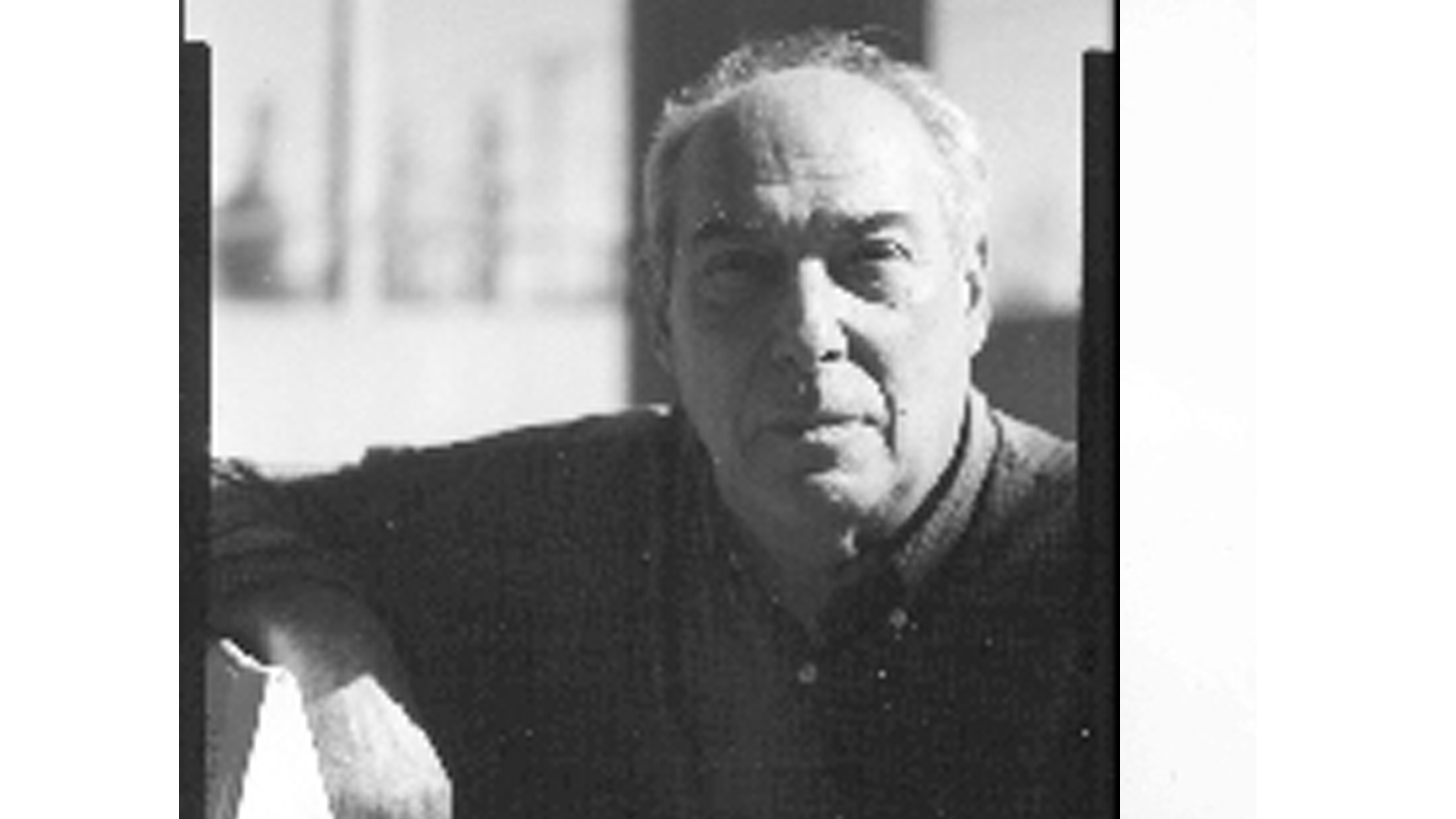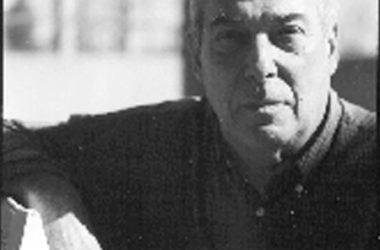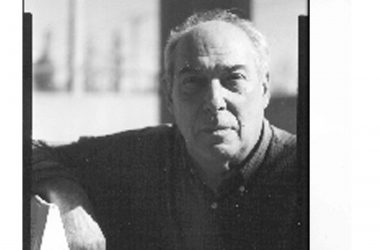By Noel Ignatiev
“The United States-Israel Strategic partnership Act (S. 462) not only designates Israel ‘a major strategic partner,’ section nine of this legislation proposes to include Israel in the Visa Waiver Program while exempting it from the requirement to extend reciprocal privileges to all citizens and nationals of the United States. The exemption would allow Israel to arbitrarily deny entrance to U.S. citizens under the rubric of national security, effectively importing Israel’s apartheid laws into the U.S. immigration system.
Following Tommy by Bob Hartley. Cervena Barva Press, PO Box 440357, Somerville, MA 02144-3222. $17 (a lot of money).
At 112 pages, Following Tommy by Bob Hartley is a small-scale Studs Lonigan. Set in the 1960s in a largely Irish neighborhood on the far west side of Chicago, it is the story of two brothers, Jacky and Tommy O’Day. They are poor, motherless, their father a hopeless alcoholic. They do what they need to in order to get by, and have few illusions about politics, cops, the law, the Church or the other institutions that make up a system. (There is a girl, too, who if anything is even more realistic than the boys.) At one point they are on Maxwell Street trying to sell tools they have burgled from a store, alongside other vendors offering illegally obtained wares at discounted prices. (I lived in Chicago during those years; the street name evokes memories of noisy crowds, blues music, Polish sausages and tacos de lengua.) A policeman approaches. They fear he will arrest them.
“I knew it was a longshot, but I decided to take a chance . . . ‘Are ya a homeowner officer?’ . . . ‘Yeah.’ I reached into the trunk, grabbed one of the drills and put in in his hand. ‘How does that feel?’ I said. He looked at me and said, ‘Pretty good.’ I gave him my best salesman’s smile and said that it was his if he wanted it. He smiled and nodded. He walked away, admiring his new toy and restoring my faith in the law.”
Of the novels and nonfiction chronicles of immigrant life in America, Studs Lonigan was unique in placing at the center of the story the relation of the new arrivals to black people. Following Tommy is in that tradition. Tommy, Jacky and their cousin Hippo are looked down on in the neighborhood—local storekeepers watch them when they come in to shop or shoplift. The only way they can gain their neighbors’ respect is to take the lead in driving out a black family who has recently bought a house nearby. (Fifty years later the area is all black.)
While neighborhood residents share then-prevailing white American attitudes on race, none is willing to act on them. The boys do, at the behest of a city councilman who expects thereby to boost his popularity. (The secret of Al Capone’s community standing, rarely spoke of, is that he kept Cicero white.) At the same time, no one comes forward to oppose them (except two cops—the one part of the story that rang false). The story reminds me of accounts I have read of white-race hate-strikes, where most whites simply go along with whoever sets the tone. (Ah, Bartleby! Ah, humanity!)
It is not the job of artists to provide answers but to pose questions. (When they try to provide answers they usually fail, as with most “proletarian literature.”) The story raises questions for revolutionaries: If there is to be a communist revolution, who will make it? Here you have these brothers, the most oppressed and downtrodden in their community, to whom “law, morality, religion . . . are so many bourgeois prejudices, behind which lurk in ambush just as many bourgeois interests.” Yet [their] conditions of life “prepare [them] far more for the part of a bribed tool of reactionary intrigue.” As a friend once pointed out, The working class is sometimes at work, sometimes in prison, and sometimes drunk in a ditch. Revolutionary strategists seeking to understand the role of different sectors of the working class would do well to reflect on these questions.
I once met Michael MacDonald, author of All Souls, the powerful account of growing up in South Boston in the years of the busing crisis. I told him I had always known there were plenty of poor Irish, but that before reading his book I had thought that even the most miserable knew someone with a city job or a union position who could help them up. He told me that that was true for other parts of the district, but not for where he lived. He attributed his escape to his accidental talent for drawing. What is the brothers’ way out? I won’t give away the ending. Jacky, the younger brother, from whose standpoint the story is told, is a reader. (To what extent the novel is Hartley’s I could not say.)
Sometimes light has to come from outside.
“Israel has a history of discriminating against Palestinian-, Arab-, and Muslim-American travelers and denying them entry. According to the U.S. State Department Travel Advisory for Israel, the West Bank and Gaza : ‘U.S. citizens are advised that all persons entering or departing…are subject to security screening and may be denied entry or exit without explanation… Those with extensive travel to Muslim countries or U.S. citizens whom Israeli authorities suspect of being of Arab, Middle Eastern, or Muslim origin may also face additional questioning by immigration and border authorities…’”
The above was taken from a letter sent out by the U.S. Campaign to End the Israeli Occupation asking people to call on their Senators to speak out publicly and vote against this bill, which is apparently before Congress, and to send letters and op-ed pieces to their local newspapers.
Now, I am not in the habit of writing letters to my Senators (mainly because I do not wish to give the impression I care what they do, or legitimize a system I want no part of), and I have always regarded writing letters to the editor to be the ultimate confession of impotence. Moreover, I am not interested in defending my “rights” as a U.S. citizen, because I reject “the U.S.” “citizen” and “rights” as motivating categories, preferring to take my stand on the basis of my membership in the human race and my obligation to do right by it. Having made all these qualifications, I am not averse to drawing a lesson from history: This measure reminds me of the insistence of pre-Civil War southern officials on controlling mail delivered to southern states lest abolitionist propaganda make its way into hands where it might have some effect. That was one of a train of abuses, including the “Gag Rule,” the Mexican War, the Fugitive Slave Act and others, that made it clear that the slave system enslaved not only those forced to labor in the fields without wages but compelled all “citizens” to sacrifice what they naively thought of as their “rights.” The Civil War broke out because the people of the northern states could not accept the domination of the southern system over the entire country. This latest measure may well awaken some to the realization of what support for Israel costs them, and to the realization that so long as Zionism prevails we are all Palestinians.



